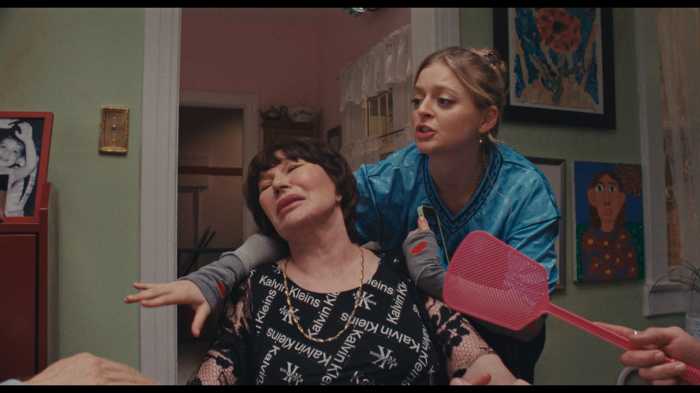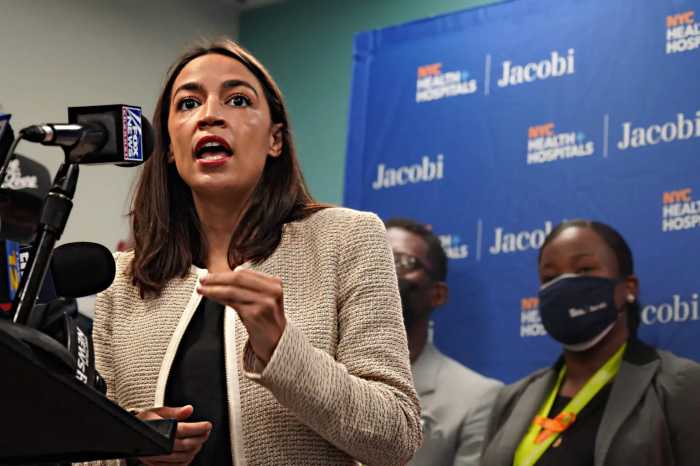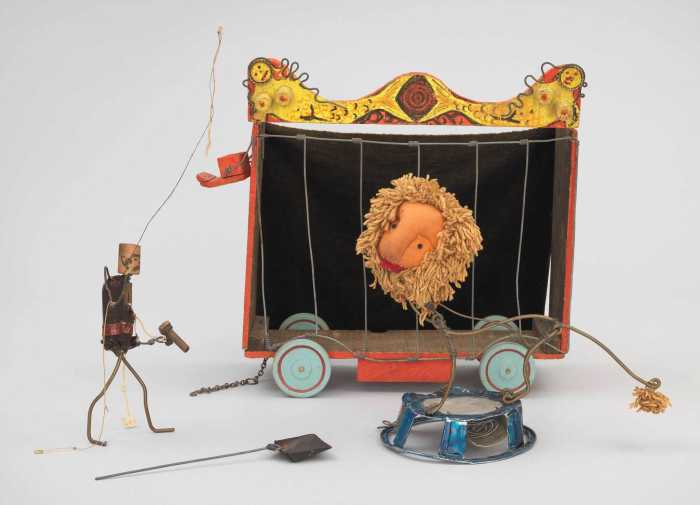“Love” works within a rigid format: its important scenes are two-handers. It’s built upon conversation, as its characters hash out their ideas about sex and relationships with each other. Lovely vistas of the Oslo harbor work as punctuation. (The first part of Norwegian director Dag Johan Haugerud’s “Love-Sex-Dreams” trilogy to get released in New York, “Sex” follows it next month and “Dreams” in September.) The danger of this construction is that it can feel mechanical. It goes down more smoothly because cinematographer Cecile Semec brings out every iota of sunshine in Oslo, making the city look as attractive as possible. Her images are shot through with dazzling light and colors, banishing dirt.
Set during the 100th-anniversary celebration of Oslo’s founding, “Love” starts with a scene where urologist Marianne (Andrea Braein Hovig) informs a man about his options for treating prostate cancer, which are likely to lead to impotence. Gay nurse Tor (Tayo Cittadella Jacbosen) works with her. After Marianne goes on a date with Ole (Thomas Gullestad), she sees Tor on the ferry ride back home. He tells her about his many hook-ups, introducing her to the concept of cruising. In fact, he finds the ferry an ideal place to meet men and have sex. She says she’s looking for a serious relationship, but she looks unsatisfied with prospects for a fulfilling one. The idea of casual sex has a fresh appeal for her. Tor meets a psychologist, Bjorn (Lars Jacob Holm), on the ferry. They develop a bond after Tor encounters him again at the hospital following a threatening diagnosis.
The emotions of “Love” have many layers to break through. The contrivances of Haugerud’s script tend to work against them. It’s too eager to spell out its points. For one example, Marianne and Tor’s behavior on the ferry is designed to mirror each other. Both encounter men they first saw on their phone’s apps, suddenly taking up space on the ferry. Tor touches Bjorn’s head while talking about porn and kink. Marianne repeats this gesture while talking to a man she meets.
With a ferocious urgency, one scene of “Love” burns through. Bjorn experiences prostate cancer surgery as a form of assault. “Love” is very honest about following through on these implications. Without getting grotesque, it reveals his loss of control over his bodily fluids. Tor tells Marianne that it never would have occurred her to warn a gay patient about the danger of losing pleasure from bottoming in anal sex after this surgery. Bjorn delivers a powerful monologue about his sexual experience. After coming out in 1986, he felt that HIV was his punishment for being gay, but he couldn’t stick to practicing safe sex. Following a lot of barebacking and shame-ridden, anxious waits for his HIV test results, he shut his libido off and became celibate. He sees bitter irony in hearing a news report about a potential HIV vaccine the same day he got his diagnosis. The concept of two gay men from different generations discussing their differences, particularly around AIDS, is a bit overdone, but “Love” pulls it off beautifully. This scene is the film’s heart.
At its worst, “Love” functions as thinkpiece cinema. The characters’ speech exists to express certain ideas about how attitudes towards love, gender, and sexual orientation have changed. By now, even the most conservative spectators know what a “throuple” is, but “Love” still explains it. “Love” speaks about desire rather than simply showing it: talk is the gateway, but it tends to stop there. It sometimes lives out the stereotype of a European arthouse film where well-off people converse about sex.
By the film’s end, both Marianne and Tor have moved towards different positions. She’s embraced hook-ups, while he has rediscovered his emotions by becoming Bjorn’s caretaker. Both have come to value relationships that don’t look like the normative version of romance. At a time when old ideas about romance and sex are clearly outdated but new ones are threatened by a right-wing backlash, “Love” stares hard at these changes, something the trilogy will presumably continue. It arrives at a touching kindness.
“Love” | Directed by Dag Johan Haugerud | Strand Releasing | In Norwegian with English subtitles | Opens at Film Forum May 18th





































